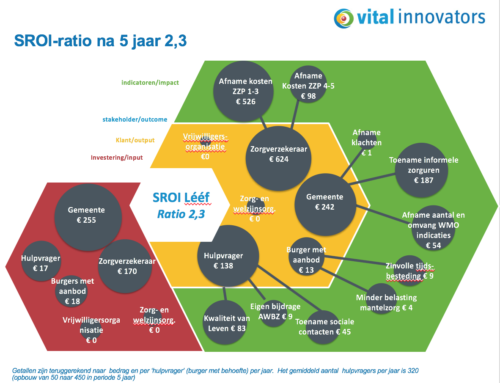Intention
Among 1947 and 1962 became the yellow fever mosquito (Temples of the Egyptians) eradicated in an area of no less than 11 million square kilometers in South America. This mosquito is now again transmitting various diseases in large numbers, including the dengue virus (dengue), the yellow fever virus, chikungunya en het Zika virus. The success that was achieved at the time with the eradication of the mosquito, through a rigorous approach by removing breeding grounds or treating them with insecticides, was the starting point for this project. By systematically scouring garden after garden for stagnant water with military precision, would we now, with great new techniques, that could be much better. The costs of dengue in Aruba are high and many agreed on the necessity of these actions. An appointment at the Krasnapolsky in Amsterdam starts 2011 with the then Minister of Health of Aruba, Dr. Richard Visser, who fully supported the plan, in addition to a financial injection from the Aruba Bank to prepare an operational plan, ushered in the start of this adventure.
Approach
In the Netherlands we founded a company called Soper Strategies. Under this flag a former Dutch soldier and I went to work in Aruba. We spoke in March 2011 with many parties and explored the entire area (190 km2). After that we worked on an extensive plan and a budget in the Netherlands (5.4 million euros) before surgery. The government saw this as a perfect opportunity for a public-private partnership and the island could thus lead the way throughout the Caribbean. Success would inevitably lead to more success… a snowball effect. We should 135 training man to fight mosquitoes, especially larvae in breeding grounds, and in teams of 10 get to work. We made agreements with the management of the port and airport regarding the necessary extra attention to prevent reintroduction after elimination. The script was ready, how could anyone not support that??
Result
Failed to raise the target amount. In the end, more than half of the required amount was pledged, but that was it. There were also parties, like the RIVM, who did not believe that exterminating a mosquito was even possible. A presentation at VWS in The Hague, where we talked about a process involving military precision was to be carried out was understood as if we wanted to carry out a military operation. The tourism sector, that everyone was convinced would jump in with joy, was largely skeptical: ‘We already pay more than enough tax and now this too?’ Those who would be the first to benefit from an island without dengue are resisting it. And actually not so much against the project itself, as well as against the government that is failing in their eyes. In the end, the project died a quiet death. Where Aruba in 2012 was weighed down by dengue and it was thought that it would stop there, two new virus diseases have now emerged that pose a threat to the inhabitants of the island and to the main source of income for the island, the tourism.
Lessons
There were many lessons. The top 5:
1. The idea is still so good, Don't assume that everyone sees it that way.
2. Even though the concept is proven, you can't assume that others look at it the same way.
3. It can't be fast(ler): There should have been much more time in the 'massage' of all actors. The benefits of 'lobbying', Creating support is not to be underestimated.
4. What is a priority for you may not always be a priority for others, no matter how relevant your priority is.
5. We may have been too early: Five years later, there is more and more talk about eliminating these exotic mosquitoes and it is considered 'normal'.
Name: Bart Knols
Organization: Soper Strategies









